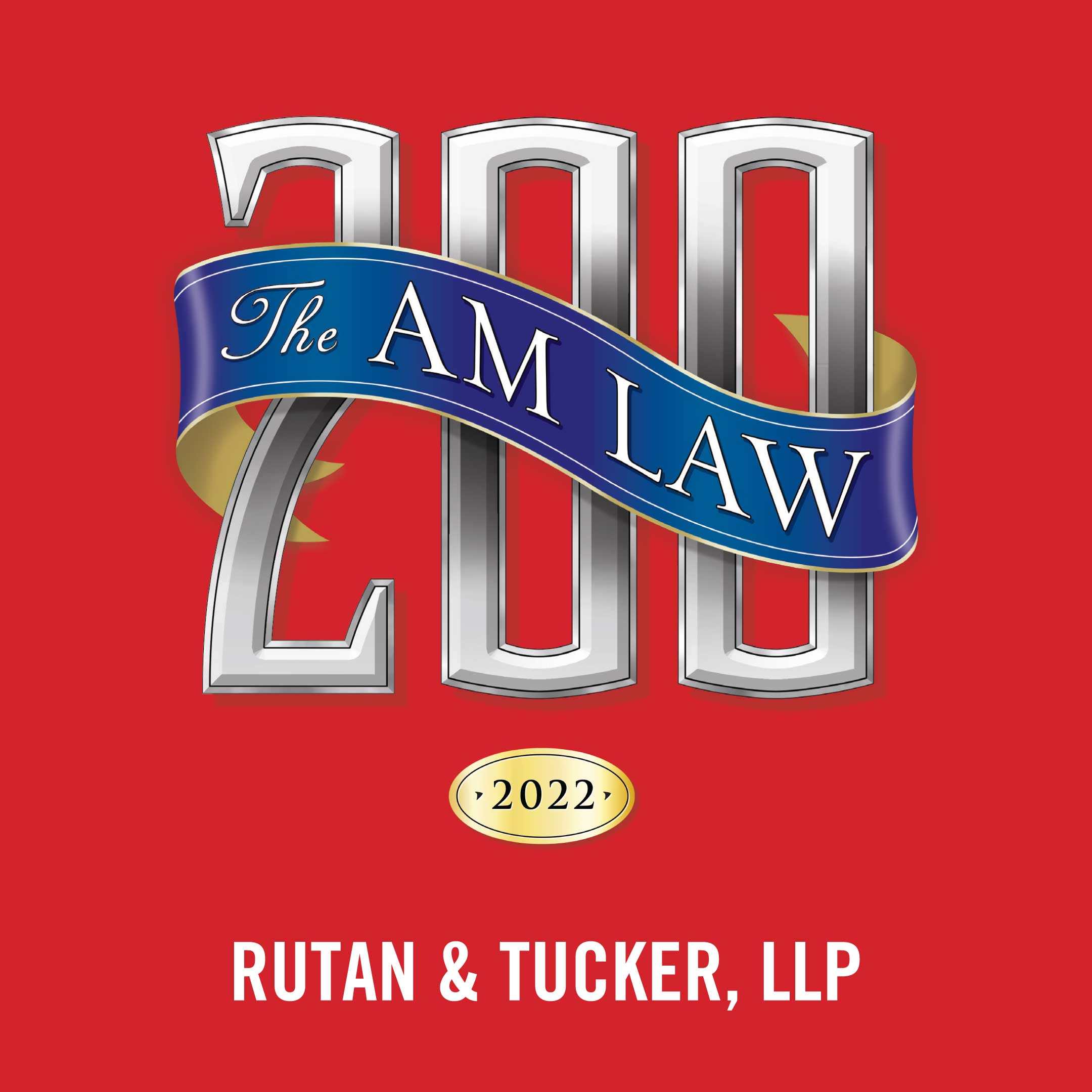Orange County Lawyer Magazine September 2023
Everybody wants a mentor. Mentors are hailed as essential catalysts for success, offering the guidance, wisdom, and support needed along the legal journey. And we agree. Both of us have been blessed with wonderful mentors. We are grateful for their time, attention, and invaluable insights. Indeed, we attribute much of our success to these vibrant mentoring relationships.
When we share our mentoring experiences with fellow lawyers, we often encounter a sense of envy. Many attorneys, particularly those starting their careers, express frustration at the seemingly unattainable task of finding a mentor—a task akin to chasing a mythical unicorn. We are asked, “How did you find that one special person who could serve as guide, teacher, and sage?” We hear the disappointment in our colleagues’ voices as they search for the elusive “perfect” mentor, only to come up empty-handed. Or they say, “By the time I find the mentor meant for me, I will be ready for retirement.”
The traditional notion of a mentor as a single, all-encompassing figure who perfectly aligns with our needs and aspirations is an idealistic fantasy. It’s time to challenge this preconceived notion and embrace a new perspective. Both of us were fortunate to have had significant mentoring relationships, but our mentors were not a single individual. To the contrary, we each have had many different people serving as mentors for the separate aspects of our lives. We believe that one person does not have to meet every mentoring need. Indeed, it is highly unlikely that a single person can fulfill all aspects of the myriad mentoring roles. If someone spends their time looking for that one person—the unicorn—they will likely never find them and miss opportunities for meaningful mentoring relationships along the way.
Welcome to “A Menu of Mentors,” where we flip the script on traditional mentorship and invite you to embrace a diverse and dynamic approach. Just like a menu at a restaurant, mentorship is about options and variety. Your career journey is multifaceted, and so should be your mentors. Instead of seeking a solitary mentor who ticks all the boxes, consider assembling your own unique menu of mentors. Think of “one from Column A, one from Column B” and so on. Looking at mentors in this light makes the task of locating them far less daunting.
In this article, we’ll explore the idea that there’s no one-size-fits-all mentor, delve into the different types of mentors, and discuss tools to help you connect with your own mentor. So, grab a seat at the mentorship table and get ready to savor the flavors of guidance and growth. “A Menu of Mentors” is here to empower you on your journey to professional excellence. Bon appétit!
What types of mentors are on the menu?
Just as a restaurant menu tantalizes our taste buds with its well-organized categories, the world of mentorship offers a similar structure to cater to our personal and professional growth. When building your menu of mentors, it’s helpful to explore the different types of mentors available. Just like appetizers, entrées, and desserts, each mentor category brings its own unique flavor and expertise to the table. The many functions of mentoring demonstrate why it would be beneficial to seek more than one type of mentor to meet different needs.
Here are various types of mentors on the menu:
1. The Organization Guide: This mentor helps you navigate the ins and outs of your organization, offering insight into firm culture, advancement, and client management. They can be a few years ahead of you or very senior. They do not have to be at your place of work. Often a former colleague fulfills this role perfectly.
2. The Sounding Board: This is the person with whom you can discuss ideas without judgment. Here, it is often helpful to have someone outside your organization.
3. The Truth Teller: This is the person who candidly tells you what you may not want to hear. They can be a colleague or someone outside your organization. They can be peers
or much more senior. The key here is someone who speaks with candor.
The many functions of mentoring demonstrate why it would be beneficial to seek more than one type of mentor to meet different needs.
4. The Person Whose Identity Is Like Yours: This is someone who identifies with your same gender, ethnicity, race, national origin, ableness, religious affiliation, or sexual orientation, and who therefore relates to any issues you are facing because of who you are.
5. The Moral Conscience: This mentor is the person to whom you go with ethical issues, focusing on matters of legal ethics, professional responsibility, and maintaining high ethical standards in the legal profession. They provide guidance on ethical dilemmas, conflicts of interest, and proper conduct in professional practice.
6. The Career Maven: This person provides guidance and support in navigating career choices, professional development, and advancement. This can be someone in the legal profession, such as a senior attorney at your firm or in the community, or outside the legal profession.
7. The Community Engagement Mentor: This mentor supports your efforts to get involved \in the community by helping you navigate involvement in professional organizations, participating in professional committees, and accessing resources and opportunities available through bar associations or non-profits.
8. The Networker Extraordinaire: This person can assist in developing networking skills, building professional relationships, and expanding your professional network. They provide guidance on effective networking strategies, attending legal events, and leveraging connections for career growth.
9. The Business Development Guide: This person assists you in honing your business development skills, attracting and retaining clients, and building a lucrative legal practice. They provide guidance on marketing strategies, client relationship management, and effective business development techniques.
10. The Life Coach: This mentor helps you identify and achieve personal goals, providing support in areas such as self-improvement, relationships, and work-life balance. This is often someone outside your place of work or outside of the legal profession.
Where can you find these mentors?
Now that we’ve introduced you to a few enticing mentorship options, you may be wondering how to find the perfect mentors from this menu of possibilities. Finding these different types of mentors is not difficult. They are all around; you just need to know where to look.
Here are our suggestions:
1. Your Organization: Now that you have identified the many different types of mentors, you will realize that nearly anyone working in your organization can be a mentor. They can be in your practice area or another, your level or senior. The possibilities are limitless. Your organization might have formal mentorship programs, but you can also engage a mentor on your own (see below on how to find and engage a mentor).
2. Professional Organizations: Join local, state, or national bar associations and legal organizations. The OCBA is a great place to start. You can find mentors by getting involved in one of the OCBA’s many sections, committees, or task forces. The OCBA also has a formal mentoring program (email mentoring@ocbar.org for more information).
3. Alumni Networks: Connect with alumni from your law school or undergraduate institution. Reach out to practicing attorneys and express an interest in finding a mentor.
4. Networking Events: Attend legal networking events, conferences, and seminars, all of which provide opportunities to meet attorneys who may be open to mentoring relationships.
So how do I identify all of these potential mentors and develop relationships with them?
It is surprisingly easy to begin a mentoring relationship. People often let their insecurities get in the way and refrain from contacting potential mentors as a result. The reality is that most people want to mentor others and are flattered to be asked. Rarely will someone turn down an opportunity to be a mentor. Most senior lawyers we know are only too happy to share their knowledge and
experience with junior attorneys. The tried and true ways to find a mentor are: (1) asking a person to be your mentor; (2) working with them and letting the relationship develop organically; and (3) seeking out people you meet at professional or community events and developing relationships with them.
That sounds easy enough in theory, but what are the actual steps to follow?
Just like choosing the perfect dish from a menu, finding and cultivating relationships with potential mentors requires intentionality. Here are some essential ingredients to identify and connect with mentors who align with your goals and aspirations.
1. Identify the Mentor: Choose someone who has the experience, expertise, and qualities you seek in a mentor. You can use the menu of mentors above to identify different types of mentors that may be helpful to you. Ideally, this person should be knowledgeable in your field of interest or have relevant experience that aligns with your goals.
2. Research the Potential Mentor: Gather information about the person’s background, achievements, and professional interests. This will help you understand their expertise and allow you to build a relationship and tailor your request accordingly. And don’t forget: people love to talk about themselves and share their experiences.
3. Establish a Connection: If you don’t already have a relationship with the potential mentor, find a way to establish a connection before making your request. Attend their speaking engagements, offer to assist with their work, or try to connect through mutual acquaintances or professional networks. We each frequently get these kinds of requests and don’t turn them down.
4. Request a Meeting: Reach out to the potential mentor and request a meeting or conversation. Be clear about your intentions and express your interest in learning from their experiences. Briefly explain why you believe they would be a valuable mentor to you. Be flexible and accommodate their schedule.
5. Highlight Shared Interests and Goals: During the meeting or conversation, emphasize the areas where your interests and goals align with the mentor’s expertise. Demonstrate your knowledge and passion for the organization, field, or industry, showcasing your dedication and commitment.
6. Articulate What You Seek in a Mentor: Clearly communicate what you hope to gain from the mentorship. Whether it’s career guidance, skill development, or expanding your professional network, let the potential mentor know how their guidance can benefit you and how much it would mean to you.
7. Discuss Expectations: Openly discuss your expectations for the mentorship, such as the frequency and format of meetings, preferred communication channels, and the duration of the mentorship. Be open to negotiating these aspects based on the mentor’s availability and preferences. Also, be flexible. As the relationship develops, the nature of the contacts will likely evolve.
8. Express Gratitude and Follow Up: After the initial conversation, send a thank-you note to express your appreciation for their time. Reiterate your interest in the mentorship and offer to provide any additional information they may request. Never forget to say thank you, even when your mentoring relationship has lasted for decades.
As we reach the end of our culinary adventure through the “Menu of Mentors,” we hope that this article has provided you with a fresh perspective on mentorship and empowered you to curate a diverse and fulfilling mentorship experience. We wish you success in this endeavor. And when the time comes and you’re asked to mentor someone, be the mentor you wished for—say “Yes!” and
pay forward the invaluable gift of guidance and support. Here’s to a future filled with fruitful mentorship relationships, growth, and the sweet taste of professional fulfillment.
Kelly L. Galligan is a partner at Rutan & Tucker LLP where she specializes in mergers and acquisitions and general corporate law. She can be reached at KGalligan@rutan.com.
Andra B. Greene is a mediator/arbitrator independent panelist with Phillips ADR Enterprises LLP. She can be reached at AGreene@phillipsadr.com.
Download a copy HERE.



